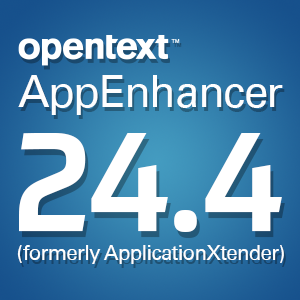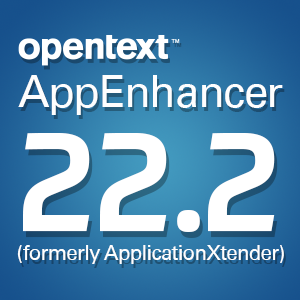Court systems boost efficiency by going paperless
Friday, February 22, 2013More court systems are going paperless to make records more accessible and file organization more manageable.
According to The Messenger, Iowa's judicial system recently decided to implement an electronic document management system to make files more available to decision-makers and quicken processes. Supreme Court Chief Justice Mark Cady told the new source that this is the first truly paperless court system in the country. While the system was already introduced in Plymouth and Story in 2010, it has been spreading statewide. Cady explained that digitization was an important strategy in creating a fully operational court system in every Iowa community, and he expects all Iowa courts to be included in the system by 2016. The new solution has allowed the Iowa judiciary system to maintain productivity even while personnel are traveling by giving Supreme Court justices easier access to electronic court records. The messenger reported that that Cady and six other justices have heard cases in multiple communities outside of Des Moines and have spoken to 50 different schools about the legal system.
Accessibility provides flexibility
Because citizens can now interact with a judge electronically regarding a case, there is no longer a need for citizens to pay attorneys to retrieve files from a courthouse. Further, The Messenger reported that citizens can submit complaints on a computer, while law enforcement officers will be able to obtain search and arrest warrants electronically. Cady hopes that the new system will aid in accelerating the resolution of lawsuits.
Other state court systems are following the trend toward digitization: The State reported that South Carolina's judicial department is on a rapid track to implementing an electronic filing system for all documentation. Court Chief Justice Jean Toal told the General Assembly that the previous paper-based system has caused an overwhelming accumulation of tens of thousands of criminal cases. Toal explained that the court is working on this enormous backlog so that decisions cases can be resolved more quickly.
The new e-court system will make all court documents accessible to the public through an online portal within two years. Toal told the news source that South Carolina has used nearly $45 million in federal grants over the last 13 years to make the electronic system possible. Investments were intended not only to increase efficiency but also to strengthen security, which is particularly important in addressing privacy concerns in family court filings.
Brought to you by Image One Corporation providing complete information governance since 1994.




